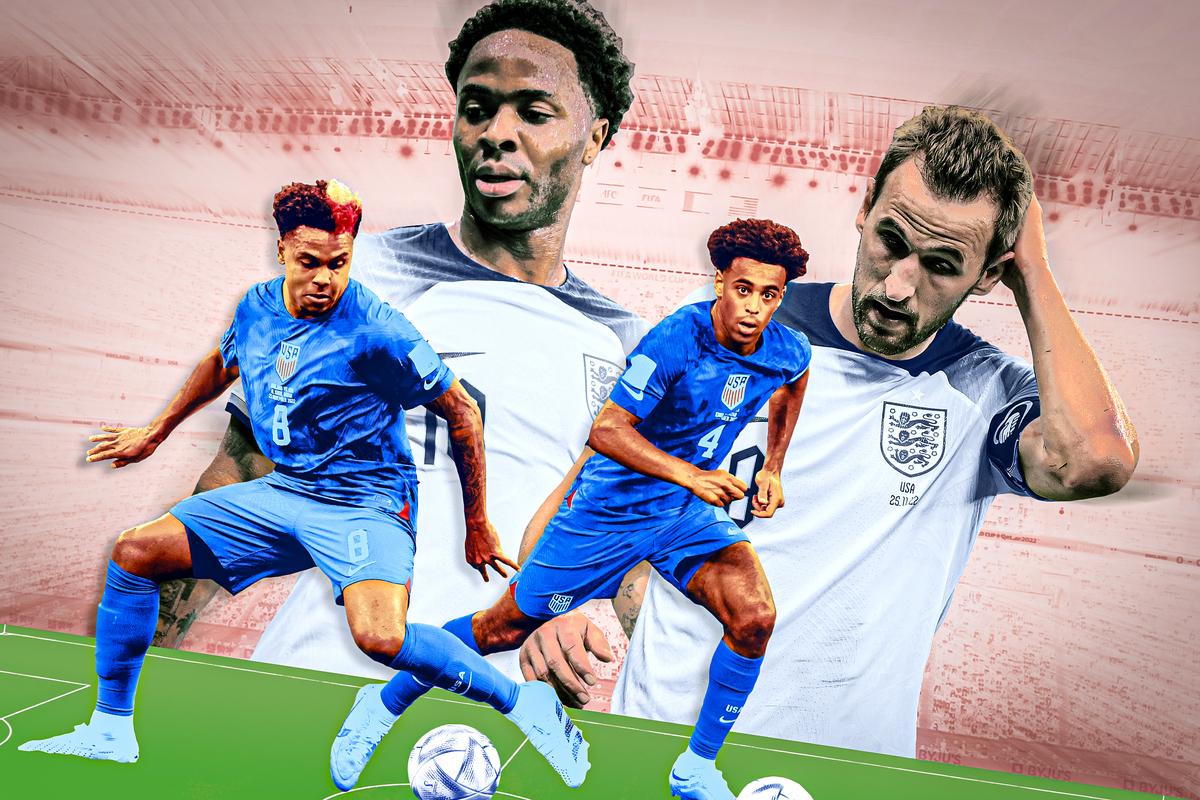
A few weeks ago, I was minding my own business on the internet when I stumbled across a page called “Are particle physicists happy?” Hm, I thought. Are they? I had never stopped to wonder about the happiness of particle physicists, yet here was all the data pertaining to that happiness—its relative strength or weakness, its presence or absence—spread out before me like the map to a weird pirate’s treasure. I began to scroll through the page’s charts and graphs, and as I did so, I felt sure that particle physicists, on the whole, must be a sour and depressive group of people. Imagine squinting down at tiny flickering blips all day!
Yet to my surprise, the data said otherwise. Particle physicists are extremely happy! Particle physics turns out to fall in the upper echelon—the top 14 percent, to be precise—of careers ranked by happiness. For some time after I learned this information, the idea of a world full of blissfully happy particle physicists preoccupied my mind in an indescribable way. When I closed my eyes, I saw particle physicists dancing down the halls of their research institutes, particle physicists high-fiving while peering into adjacent microscopes. If I saw a happy-looking stranger at the coffee shop, I’d mutter, “Oh, great—another particle physicist.”
I can’t say for sure why particle physics is such a cheerful profession, but as I watched the United States fight its way to a draw against England at the 2022 FIFA World Cup, I felt I almost understood. I had to watch most of the game on my phone because the streaming service kept crashing on our TV, which meant I spent 90 minutes plus stoppage time squinting down at tiny flickering blips. And some of these particles seemed charged with a strange quality of delightfulness, so that I felt happier and happier the longer I sat there looking at them.
This was the match when I finally, totally fell for this U.S. team. They were supposed to be overmatched and they weren’t, and what was thrilling was that it felt like they’d simply decided not to be. Like, nope, not you, not today. The third-youngest team in the tournament, playing the Euro 2020 runners-up, yet they played with fearless, positive energy. Two or three inches here or there, maybe one fewer towering leap by Harry Maguire on an American corner, and the U.S. could have won this. It’s hard to see 0-0 as a heroic scoreline, but that’s kind of the point. This wasn’t a heroic underdog effort. It was a match between equals. And for the U.S. to prove it could rival England’s quality over a full 90 was in some ways more satisfying than a 1-0 win in which we got pushed around before stealing one on the counter.
The English were better for some periods—the opening and closing minutes of the game—but the Americans dominated the majority of the match. The speed, energy, and determination of the American attack kept England on their heels for long stretches. We fielded a back line with a terrifyingly high man-bun-to-player ratio, and it snuffed out Harry Kane and Raheem Sterling. Christian Pulisic repeatedly charged forward with the ball from 10 yards outside the England area. He hit the crossbar midway through the first half. Weston McKennie was everywhere, scrounging and scrapping and pirouetting. Matt Turner made saves calmly as needed. The only thing more impressive than a goalkeeper who rescues you from panic is a goalkeeper who makes you feel like you don’t have to panic in the first place.
A few days ago, someone hacked into my Ringer account and posted an ill-advised article questioning whether U.S. coach Gregg Berhalter had the tactical acumen to eat a milkshake with a spoon. I know it couldn’t possibly have been me, because the U.S. game plan seemed very solid on Friday night. If the team hadn’t started to look tired in the second half, Berhalter might not have had any obvious substitutions to make.
But the match felt more like a test of vibes than a test of tactics. It felt less like a challenge to see whether the U.S. could devise a good strategy to stop Kane, Jude Bellingham, and Bukayo Saka, and more like a challenge to see whether the U.S. could muster the will and belief to execute that strategy. It took one glimpse at Tyler Adams disrupting English passing moves like he was 2017 N’Golo Kante, or at Tim Weah finding daylight in the skinniest cracks in the English back line, to see plainly that they could.
I don’t care all that much that they didn’t win the game. (I do care that the U.S. remains undefeated against England at the World Cup.) I care that they played their hearts out and looked their best on the biggest possible stage. What’s the secret to happiness that particle physicists are hiding from the rest of the world? Maybe the answer lies in the nature of the particles themselves. Maybe some particles are just fun. Maybe some particles are simply a thrill to look at. Maybe one glance at these joyful particles is enough to put anyone in a happy frame of mind.
Isn’t it the same, after all, when you watch a soccer game? Sometimes you watch two evenly matched teams and one of them somehow has an extra dash of energy, flair, pizzazz, boldness. They’re not better, exactly, but they’re freer. They’re more fun. They’re carbonated water and the other team is tap. They’re a hot air balloon and the other team is a Toyota Celica. They’re Wario and the other team is Toad. These are the joyful particles, and when you watch them, you get to experience, for 90 minutes, the bone-deep happiness that particle physicists apparently feel all the time.
Did the match change anything? Well, yes and no. No, in the sense that the U.S. will, more or less as expected, have to beat Iran on Tuesday to qualify for the knockout rounds. England, meanwhile, just has to avoid a four-goal loss to Wales. I’ve been seeing reports that non-soccer fans were bored and disappointed by this game, which is understandable —it’s tough to turn on a heavily hyped sporting event the day after Thanksgiving, see a scoreless draw that doesn’t dramatically alter the larger competitive landscape, and not feel a little let down. You probably have to be a longtime fan-slash-nerd to be deep enough in the context to get it.
And if you were, then you could see that yes, the match did change something—or at least had the potential to do so. It had the potential to change the identity of this team. We’ve been an untested, inconsistent, ambiguous proposition for a long time. Now we’re a team that can hang with England at the World Cup. Maybe we lose to Iran on Tuesday and the England game turns out to be an anomaly. But maybe it’s the start of something. I’ll be keeping my microscope at the ready.

